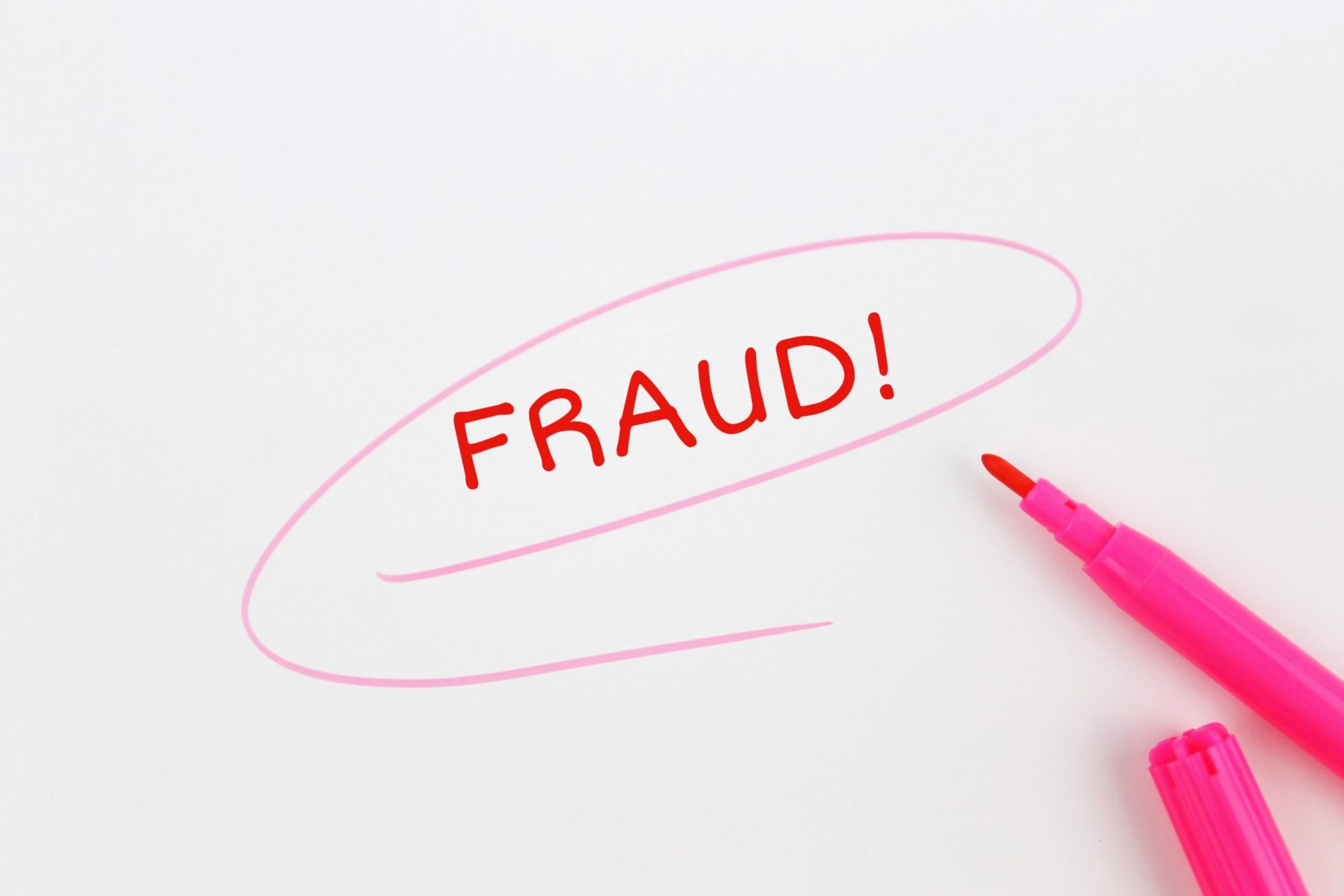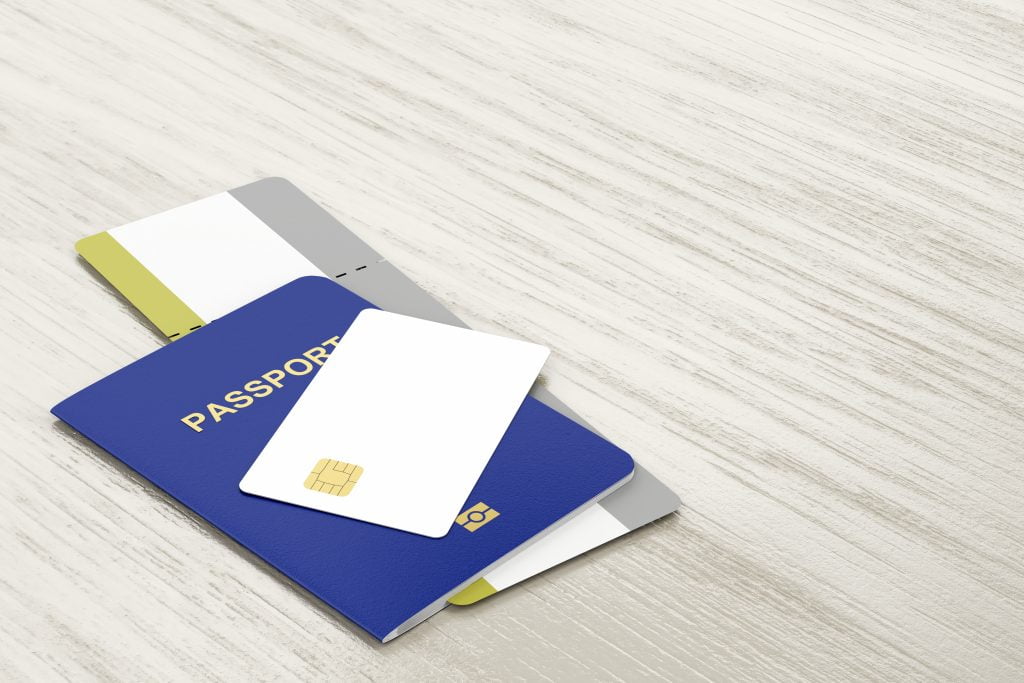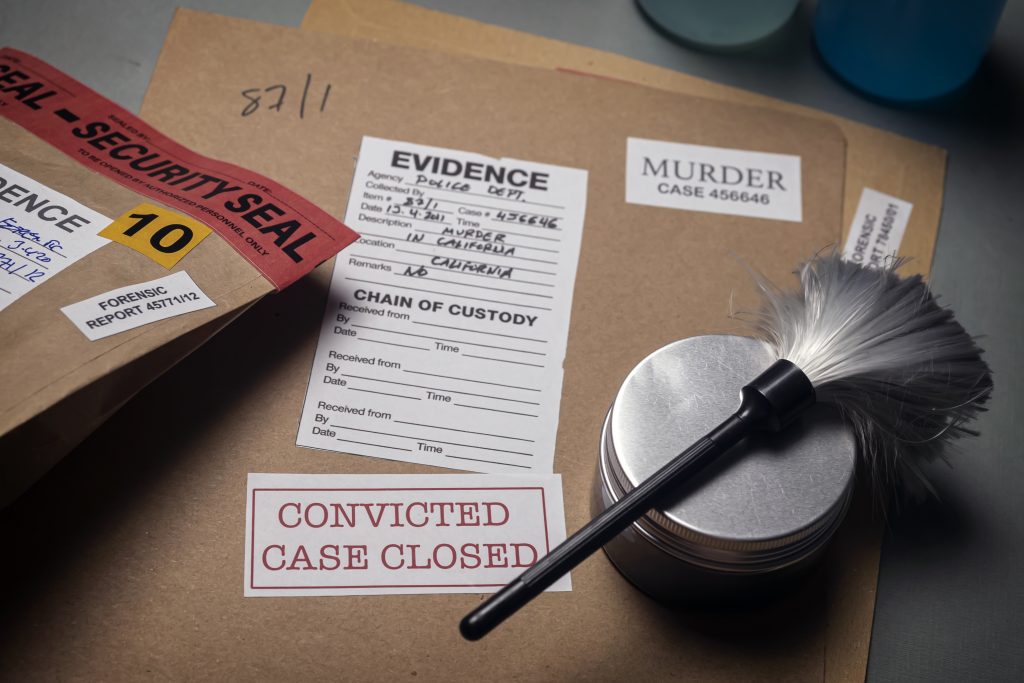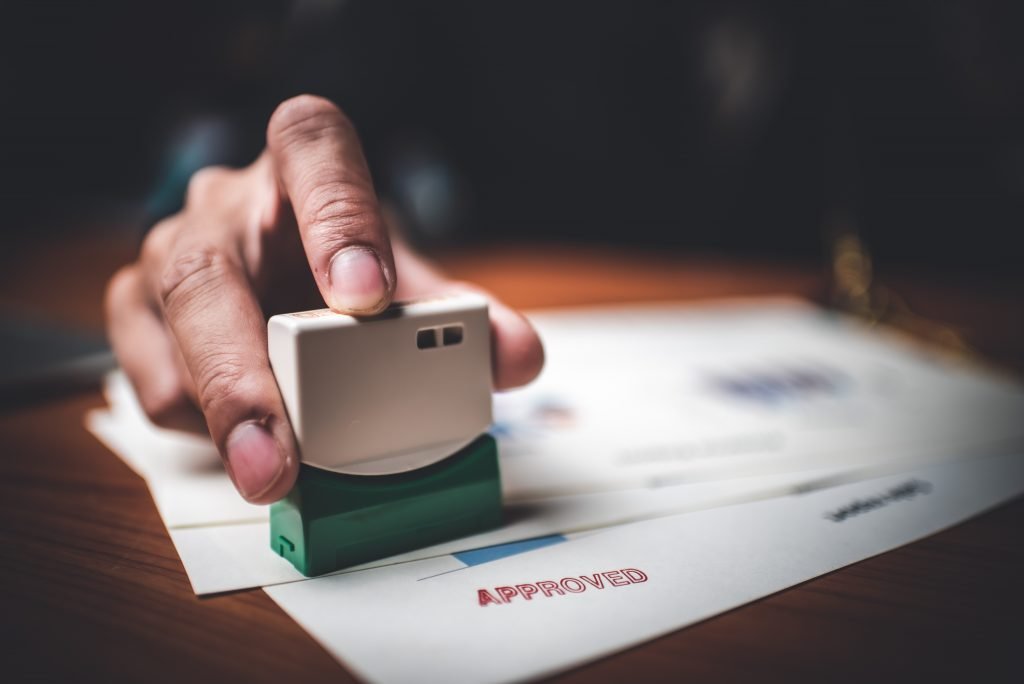
One of the most common types of fraud is when someone signs a document that they’re not supposed to. This can happen when someone steals someone’s identification and uses it to sign something. A notary public can help prevent this kind of fraud by checking the picture, description, signature, and serial number on the identification presented by the signer.

Notaries public can also help prevent fraud by making sure that the signer understands what they’re signing. The notary public can’t give legal advice, but they can make sure that the signer has read and understood the document before they sign it.

Identification of the signer
Usually, notarial acts have to do with someone else signing or certifying a document. A notary public needs to be sure of the signer’s identity for every acknowledgment and jurat.
An acknowledgment is when the signer of a document acknowledges that they signed it. A jurat is when the signer swears or affirms that the statements in the document are true.
For both acknowledgments and jurats, the notary public needs to see the original document. The notary public can’t notarize a copy of a document.
The notary public also needs to see the signer’s identification for both acknowledgments and jurats.

Satisfactory evidence
Satisfactory evidence is when there is no information to suggest that the person signing is not who they say they are. A notary public can identify the signer by looking at their identification documents.
The identification must contain a photograph and description of the person named on it, be signed by the person and have a serial number or another identifying number.
If the notary public is unsure about the signer’s identity, they can ask for additional identification. If the notary public is still uncertain, they can refuse to notarize the document.
The notary public should be sure that the person who is presenting their identification is the same person shown in the photograph and description on the identification. The notary public can do this by comparing the physical appearance of the person with the photograph and description on the identification.
A notary public cannot be expected to know the difference between a fraudulent identification card and a legitimate one. However, they can confirm that the photograph and description on the identification card match the person in front of them.
Notaries public should be careful when inspecting identification. They need to make sure they collect all the information required by law. If they have evidence that a crime has been committed, they should contact the appropriate law enforcement agency.
The notary public must always require the signer to present the required identification in person.
The notary public should also check the signature on the identification to make sure it matches the signature of the person presenting it. If the signatures don’t match, the notary public should ask the person to sign their name in their presence so that they can compare the signatures.

Notarize if the identification checks out
If everything checks out, the notary public can proceed with the notarization. They will need to complete a certificate, which is sometimes called an acknowledgment or jurat form. The certificate should contain the date, location, and type of notarization.
The notary public will also need to sign the certificate and affix their official seal.
After the notarization is complete, the notary public should give the original document to the signer and record the transaction in their journal.
The seal and journal are some of the costs of being a notary public.
When everything is done correctly, a notary public can help prevent fraud by making sure that the person signing a document is who they say they are and that they understand what they’re signing.

Learn the entire process
This article is a quick summary of how notaries public help to prevent fraud.
You can learn much more about how to become a notary public in our notary public course.
